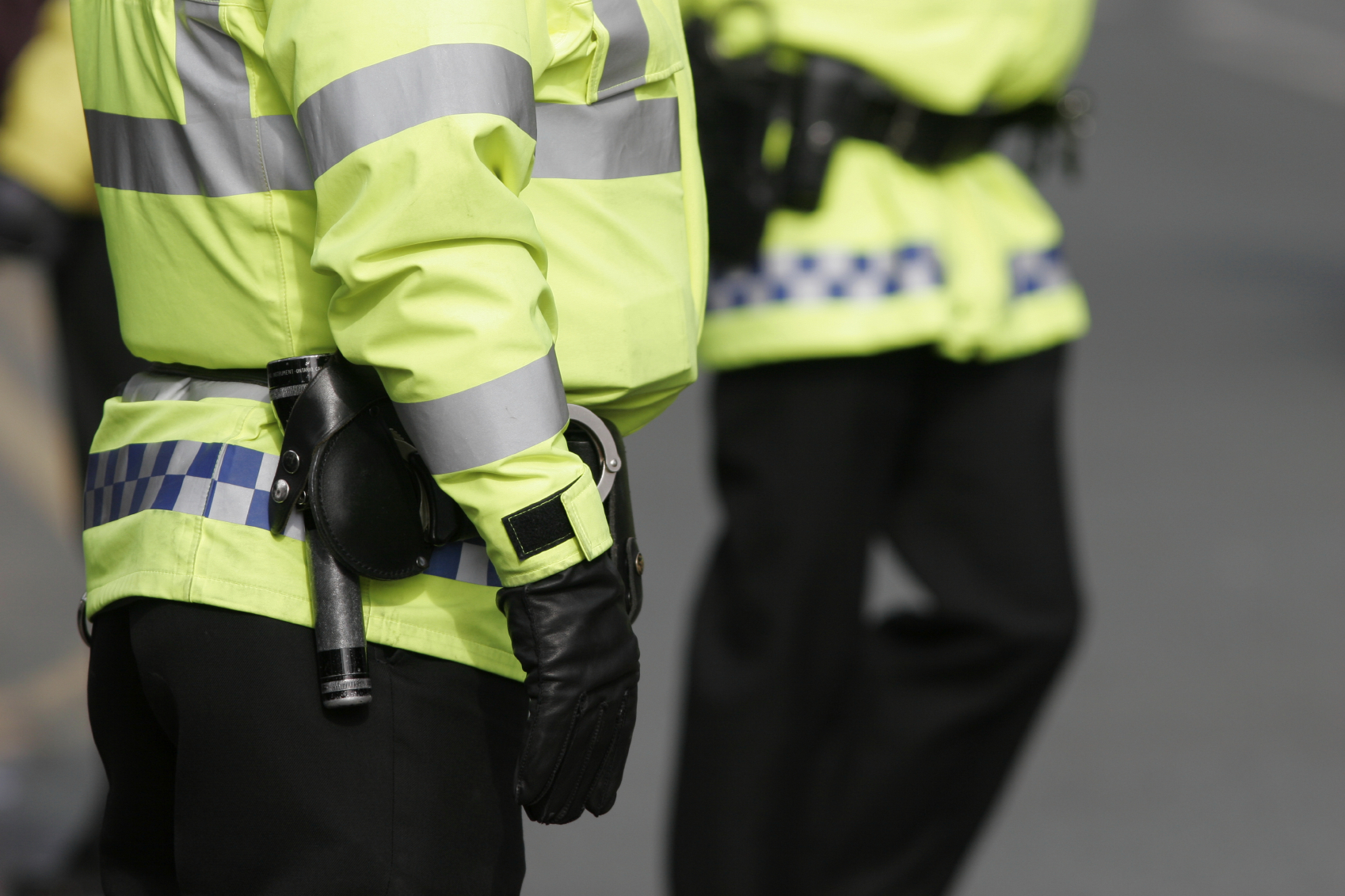ACPO: “Cuts to policing not to blame for officer assault rise”
FALLING officer numbers and an increase in single-crewing cannot be blamed for the nationwide rise in officer assaults, ACPO’s lead on workforce development has said.
There were 20,249 assaults on officers in the 12 months to April 2014 – nearly 580 more attacks than in the previous financial year. But falling numbers is not responsible, according to Mike Cunningham, chief constable of Staffordshire Police.
Mr Cunningham said: “Is falling numbers to blame? There is no evidence of that. There is no evidence to suggest single crewing is something which leads to more assaults because very often in forces who advocate single crewing there are all sorts of other risk assessments put in place and the equipment and training is far superior to what [officers] had previously.
“I understand why people draw that conclusion but I do not think it is accurate.”
Mr Cunningham said that while there are fewer officers across the country, the proportion of officers on the front line has increased.
He added: “There is good evidence that chief constables have taken seriously in terms of retaining front line officers in terms of what there is available to give the same levels of support. That is something that we would hope would be built into deployment practices of forces, supervision and training because we know it is not in anyone’s interest to put officers in danger.
“Safe deployment of staff is highly desirable and I am absolutely certain that safe deployment practices are taking place around the country irrespective of single crewing or double crewing.”
However, Mr Cunningham was unable to pinpoint the exact reason why assaults on officers have risen in the past 12 months.
He added: “Why are they increasing? I am not completely sure. We do know that the operational equipment that officers have is better than it has ever been, along with defensive training, officer safety training, and the fact that officers are encouraged to be fitter.
“Any increase in assaults on police officers is something we need to be concerned about. Training, equipment, deployment practices and risk assessment – a lot is done around the country to maintain officer safety so anything that gives us the indication that assaults on officers is going up we need to listen very carefully to.”
Mr Cunningham listed body cameras, Taser, improvements to protective clothing as developments that are helping to keep officers safe.
He also said improvements to fitness standards in forces will keep officers safer: “Fitness testing makes sure that officers have the physical capability when they are on the streets to deal with situations – if you are physically fit it enables you to better deal with situations of conflict.”
Policing will always be a risky profession, Mr Cunningham said, and while it is the job of chief constables to mitigate risk, they will never be able to take it away for good.
He added: “We should always remember that when people singed up to be police officers, they signed up to do a job that does carry risk. Indeed for some people that is part of the attraction. Many officers take pride in the fact that they put themselves in harm’s way to protect people. That risk element will always be there and it is the job of people like me – managers and the leadership – to manage that risk as well as we can to support those staff that go out there to protect the public.”
Neil Bowles, chairman of South Yorkshire Police Federation, said: “My reaction is that that is a very naive attitude to have. That’s like saying there is no evidence to say that passive smoking kills people. Of course single crewing will contribute to higher assaults on officers – there is a less of a deterrent of getting caught. If you attack one officer, who else is going to catch you?”
Steve Evans, vice chair of the Police Federation of England and Wales, said: “It is easy to say there is no evidence to suggest cuts to policing have led to increases in police assaults when no research has been done, but the fact remains that both are occurring concurrently.
“Cuts have led to a reduction in police officers and more single crewing and since then, more assaults have been recorded. Logically it makes sense to examine these factors as potential causes.
“The government should be investigating whether or not the issues are linked and if so, working with police to avoid further increases in assaults on officers in the future.”

